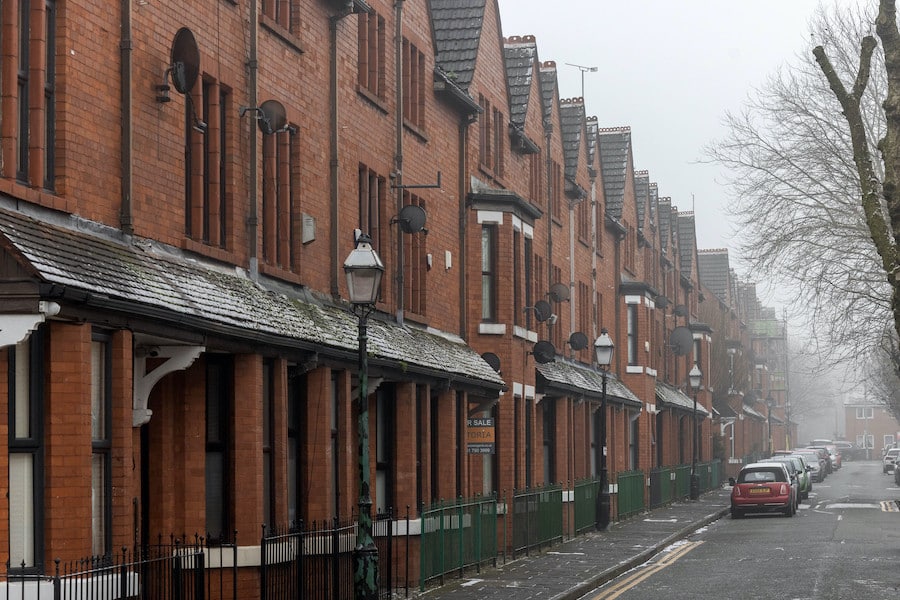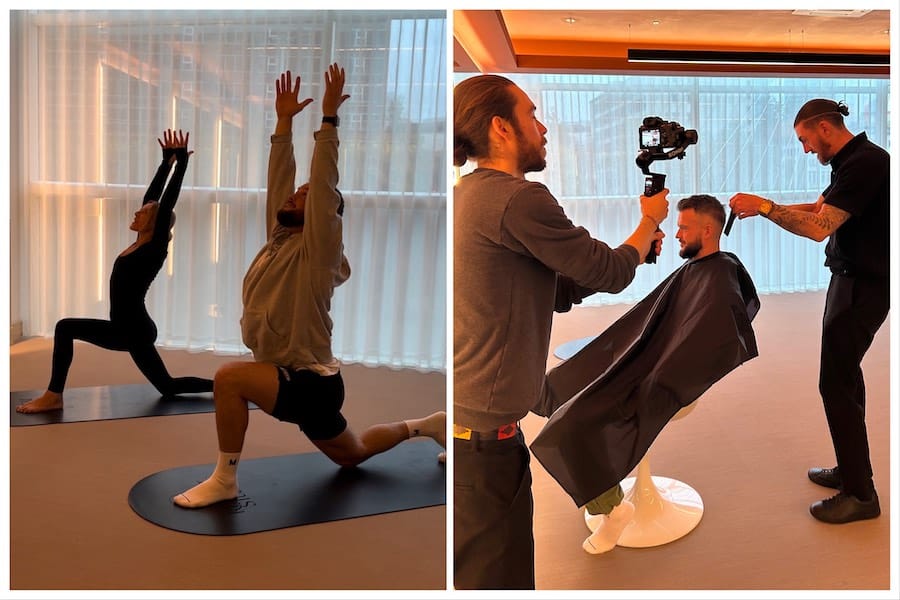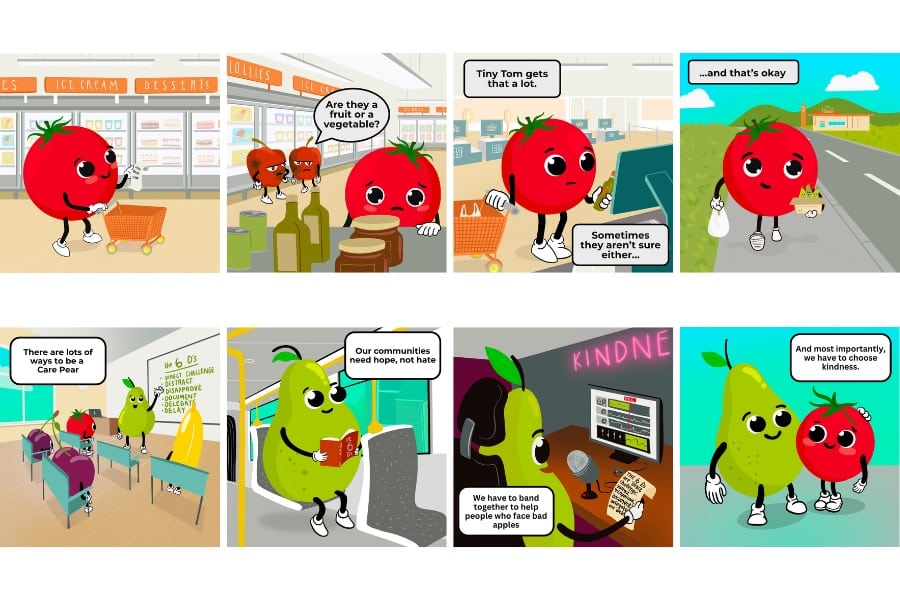Organic wine: why it’s becoming more readily available in Manchester
- Written by Tom Ingham
- Last updated 7 years ago
- Uncategorized
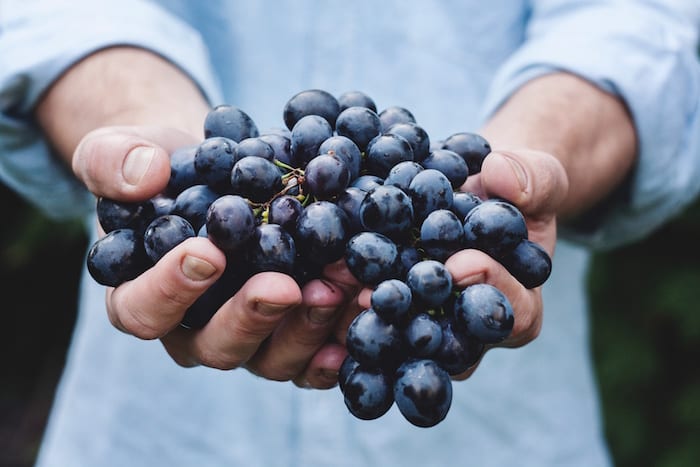
Wine making goes back thousands of years. The earliest site – in Armenia around 4100 BC, apparently – contained a wine press, fermentation vats, jars, and cups.
We’ve always consumed organic wine in one form or another, despite millennia of evolving production methods and the age of mass production. But why is ‘organic’ a buzz word in the 21st century? Isn’t this rather old news?
A survey by the Organic Trade Association found that 52 percent of organic shoppers are millennials – a statistic which, I’m sure, will irritate sceptics.
It’s true that less has to be done to produce organic wine but it also takes a lot more care and attention to get it to your table. So less costs more.
Natural wines reflect a demand for products that are clearly traceable, free from chemical and technological intervention. It’s something that’s slowly becoming more readily available in Manchester, but the real question is – why should we care?
“Natural wines producers are small independent businesses, often family-run like ours,” says Katy Saide of Trove, a cafe that has championed organic food since it opened in Levenshulme in 2011.
“They work with the land and biodiversity. They don’t use pesticides and they don’t add any additives to their wines. It’s a traditional method, similar to the way in which we make our bread. This sits well with us and makes natural wines a more desirable option”.
London and Leeds are ahead of us on this one, but the likes of Trove, Where the Light Gets In, Salut, North Tea Power and Love & Labour have been backing these small, independent vineyards.
“Some natural wines have a more fermented taste, a bit like a cider, others don’t taste much different to commercial wines. Personally, I like orange wine, this isn’t made from oranges but green grapes left to macerate and ferment with their skins, pips and possibly the stems. It can be a short maceration or a long one. We have an Italian, Colombia, Bianco Toscana in the cafe this week by the glass.”
Mass produced wine can, of course, still taste great, as Katie Scott, one half of Love & Labour, explains.
“The wine-making process requires skill and an understanding of the chemistry that goes into turning grapes into wine. Traditionally this method was not altered with chemicals and sulphites.
“This requires a different skill and often the use of machines and multiple employers making this a much less personal process, and the winemaker will not be able to taste or control all of their wine. Great quality wine can be made with this process, of course. However, natural wine brings something different to the table”.
When Oz and James’ Wine Adventure was on the BBC, they regularly visited old world wineries who made wine in this way, but, as Katie says, “many French wine makers still use natural methods – they just might not shout about it, meaning you have probably already drunk more natural wine than you realise.
“For us, natural wine is more ethically made, and monitored, chances are the winemaker is there tasting along the way and monitoring the fermentation to keep the wine to standard they are proud of.” Which sounds like a satisfying way to produce wine.
“We try to pair these natural wines with organic cheeses and meats, the flavours in these natural products compliment and attract each other perfectly. The added benefit of low alcohol in most natural wines means we can enjoy more and try many different types of wine!”
There’s a certain amount of ‘buying into’ the philosophy behind natural wines, but the proof of the pudding is in the pinot. You’ve got to go out and try these wines to get a feel for what’s possible using traditional production methods.
- This article was last updated 7 years ago.
- It was first published on 18 June 2017 and is subject to be updated from time to time. Please refresh or return to see the latest version.
Did we miss something? Let us know: [email protected]
Want to be the first to receive all the latest news stories, what’s on and events from the heart of Manchester? Sign up here.
Manchester is a successful city, but many people suffer. I Love Manchester helps raise awareness and funds to help improve the lives and prospects of people across Greater Manchester – and we can’t do it without your help. So please support us with what you can so we can continue to spread the love. Thank you in advance!
An email you’ll love. Subscribe to our newsletter to get the latest news stories delivered direct to your inbox.
Got a story worth sharing?
What’s the story? We are all ears when it comes to positive news and inspiring stories. You can send story ideas to [email protected]
While we can’t guarantee to publish everything, we will always consider any enquiry or idea that promotes:
- Independent new openings
- Human interest
- Not-for-profit organisations
- Community Interest Companies (CiCs) and projects
- Charities and charitable initiatives
- Affordability and offers saving people over 20%
For anything else, don’t hesitate to get in touch with us about advertorials (from £350+VAT) and advertising opportunities: [email protected]

“We’re at breaking point” iconic Manchester bar owner speaks out on hospitality crisis
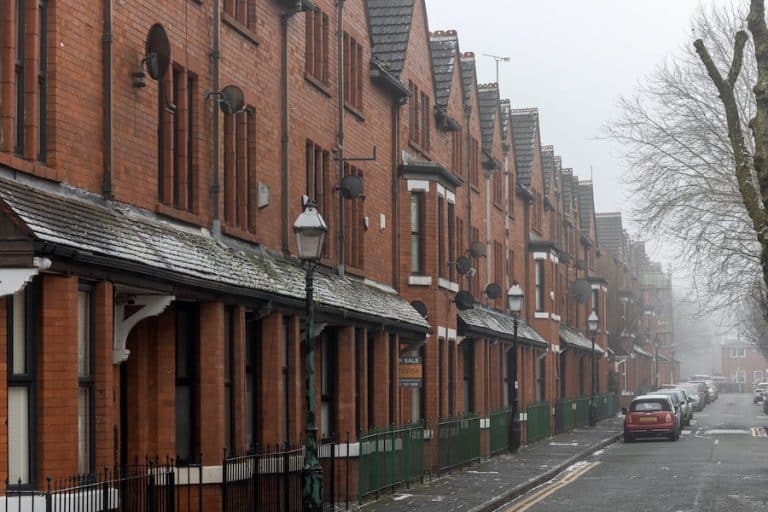
“It’s not a ‘no go’ area anymore, it’s a really lovely place” – The reinvention of Ordsall



Didsbury Sports Ground needs your help to rise again after devastating floods








